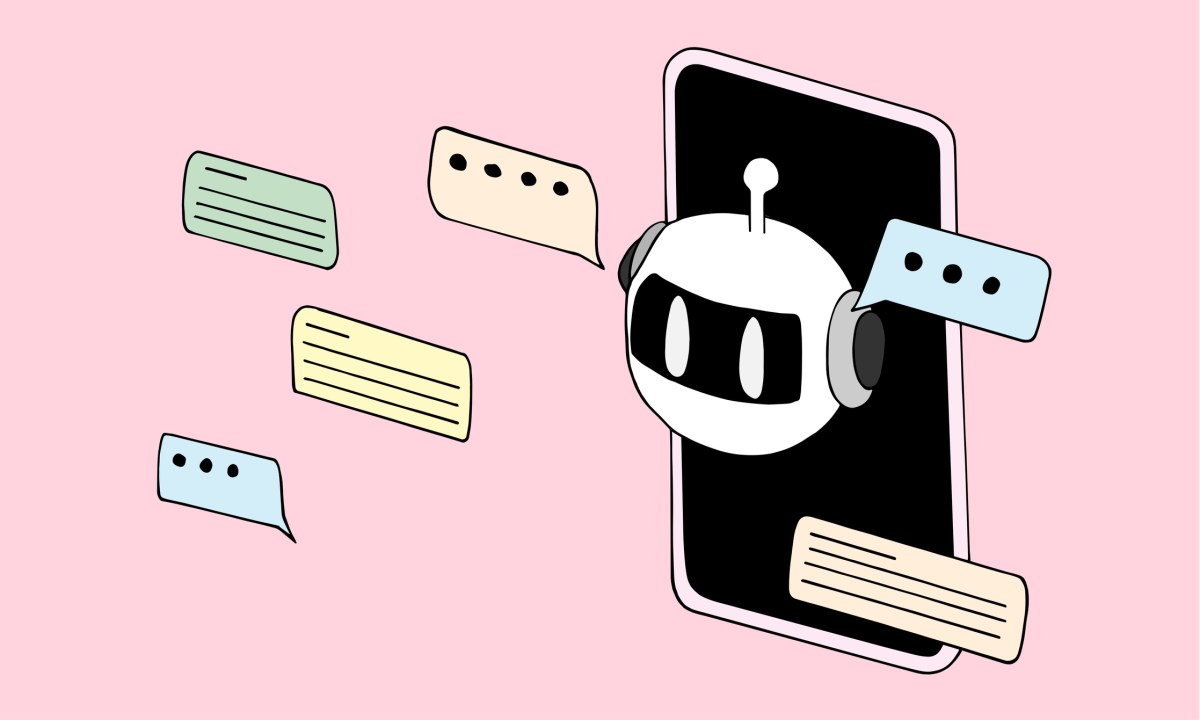
Generative AI, the technology that powers tools capable of creating text, images, audio, and more from natural language prompts, is rapidly becoming embedded in daily life. One notable trend in how this technology is presented to the public is the growing use of human names, faces, and personas designed to make AI feel more relatable and less mechanical.
This strategy of humanization is increasingly employed by developers and marketers to bridge the gap between complex algorithms and the everyday user. Rather than emphasizing the backend algorithms or neural networks that power these tools, companies are choosing to introduce them through polished characters with names such as ‘Claude,’ ‘Jasper,’ or even ‘ChatGPT.’ In some cases, AI systems are represented visually with a face or a fictional biography to add a layer of personality.
Experts in branding and user psychology suggest that this trend serves several purposes. Firstly, it reduces the intimidation factor for users who may not be familiar with the inner workings of artificial intelligence. Secondly, offering the AI as a ‘friendly assistant’ encourages more casual interaction and trust, which can boost adoption rates.
However, this approach is not without its critics. Some argue that assigning human characteristics to machines can blur the line between real and artificial intelligence, potentially leading to misunderstandings about the capabilities and limitations of these tools. Concerns have also been raised about transparency, particularly when AI-generated content is presented without clear disclosure that it was created by a machine.
Despite these concerns, the trend appears to be gaining momentum across the tech industry. As generative AI becomes more deeply integrated into applications such as customer service, marketing content creation, and even education, the use of personified branding is likely to remain a key tactic in AI adoption strategies. The challenge for developers going forward will be to balance the approachable, human-like design of their AI tools with ethical and transparent communication about what these systems truly are—and are not—capable of.
In an era when artificial intelligence is shaping how information is produced and consumed, the way it is presented may be as impactful as the technology itself. Humanizing AI, for better or worse, reflects a growing effort to make these tools not just powerful, but personable.
Source: https:// – Courtesy of the original publisher.








